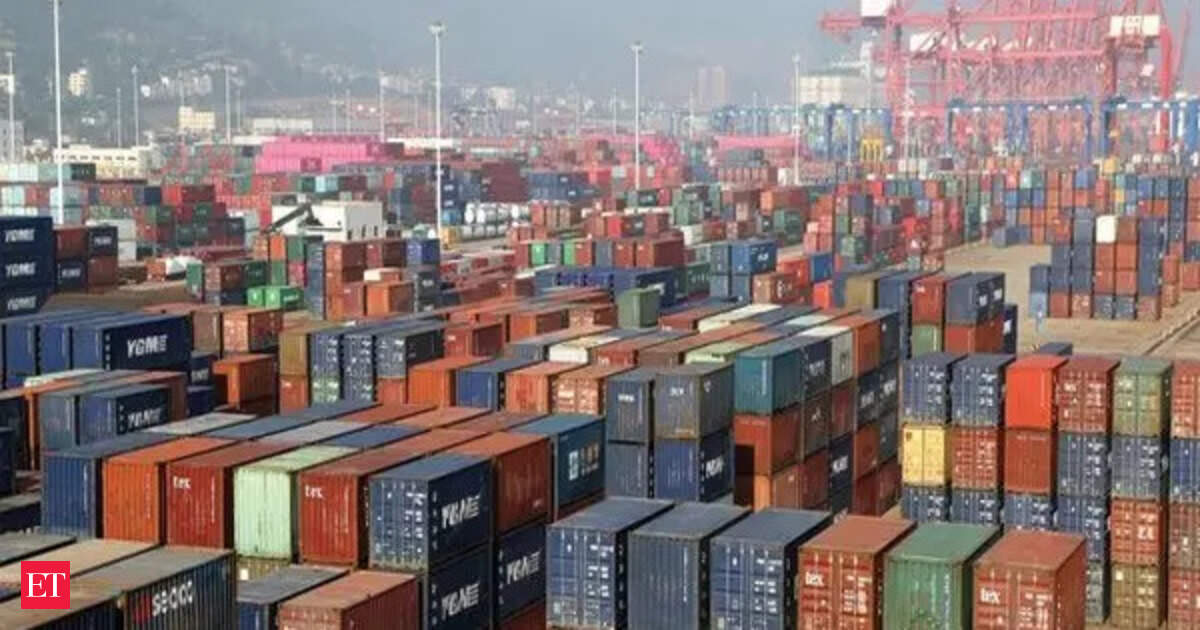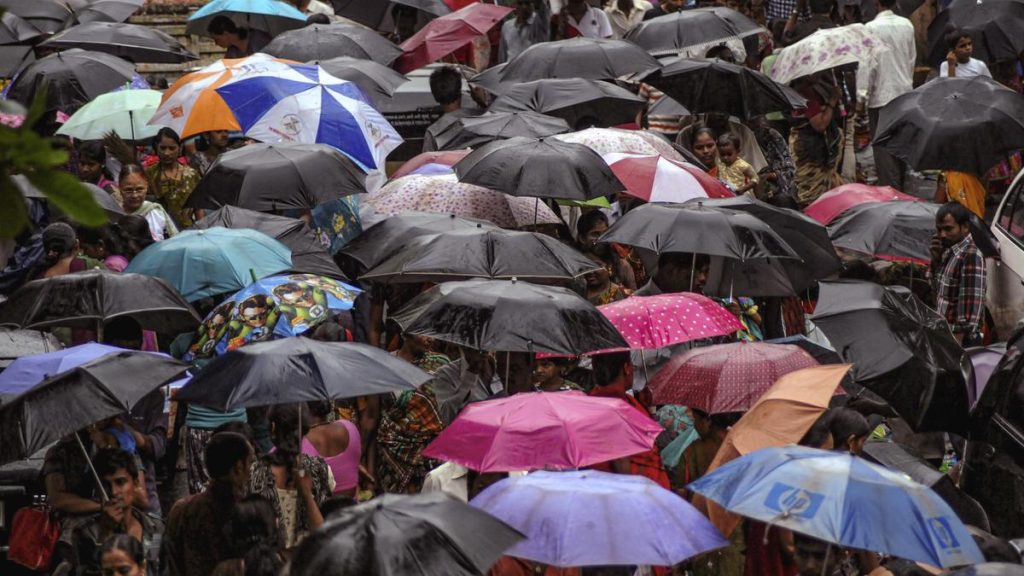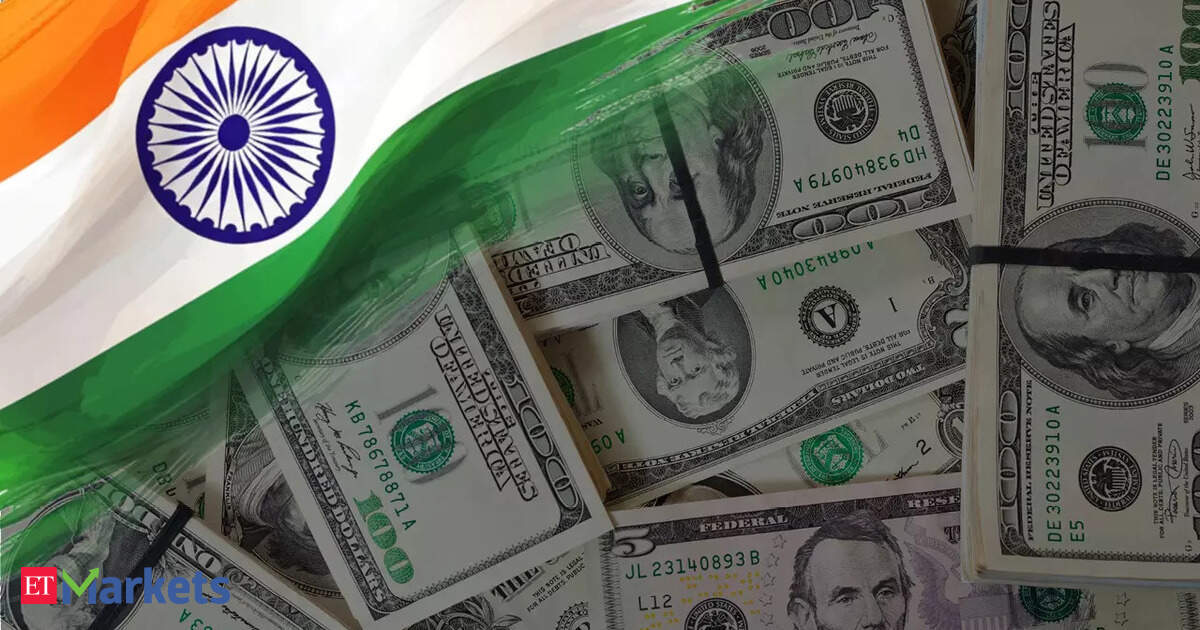Now Reading: India’s Exports Challenged by Stricter Net-Zero Regulations, Study Finds
-
01
India’s Exports Challenged by Stricter Net-Zero Regulations, Study Finds
India’s Exports Challenged by Stricter Net-Zero Regulations, Study Finds

Swift Summary
- A study by Net Zero Tracker reveals two-thirds of India’s exports face risks from tightening climate policies such as net-zero regulations in major markets.
- In 2024-25,India exported goods and services worth $824.9 billion, accounting for about 20% of its GDP.
- Stricter carbon policies, including the EU’s carbon Border Adjustment Mechanism (CBAM), are set to impose tariffs on emissions-linked imports starting 2026.
- India’s coal-reliant energy grid inflates emissions across key export areas like IT and professional services, putting export competitiveness at risk compared to rival countries with cleaner energy systems.
- Rival exporters are reportedly up to 20 times more carbon-efficient when supplying similar markets.
- India is negotiating trade deals with partners like the UK and US but remains vulnerable under these mechanisms unless it decarbonizes exports more effectively.
- India has pledged net zero by 2070 and is working on enduring finance taxonomy alongside new emission-reduction targets ahead of COP30 in November.
Indian Opinion analysis
India’s global trade landscape confronts meaningful headwinds due to evolving environmental standards in key markets like Europe and the UK, notably through mechanisms such as CBAM that penalize high-emission imports starting from 2026. The push for decarbonization poses a dual challenge: protecting export competitiveness-critical given that exports account for a fifth of India’s GDP-while addressing underlying structural dependency on coal-powered energy grids that elevate emission metrics.
As rivals outperform India’s exporters with greater carbon efficiency driven by cleaner energy systems, the issue raises questions about long-term market access sustainability amid rising ecological regulations worldwide.While proactive measures like pledging net zero by 2070 or drafting sustainable finance guidelines signal progress, structural shifts may be necessary to align domestic industries with international green benchmarks without compromising economic momentum.
India’s upcoming negotiations on trade agreements and revised regulatory commitments at COP30 will be pivotal in balancing these pressures while carving pathways into newly constrained international markets.

























